This year we have already completed the first conference from Apple, at which we saw the presentation of many new devices, both from the iPhone product line, as well as iPads and Macs. Currently, we have been looking forward to the beginning of the second conference of the year, which is the developer conference WWDC, which traditionally takes place every year in June. At this year's WWDC22, Apple will present, as in previous years, the new major versions of its operating systems, namely iOS and iPadOS 16, macOS 13, watchOS 9 and tvOS 16. Whether we will see any other news, such as hardware ones, remains to be seen.
It could be interest you
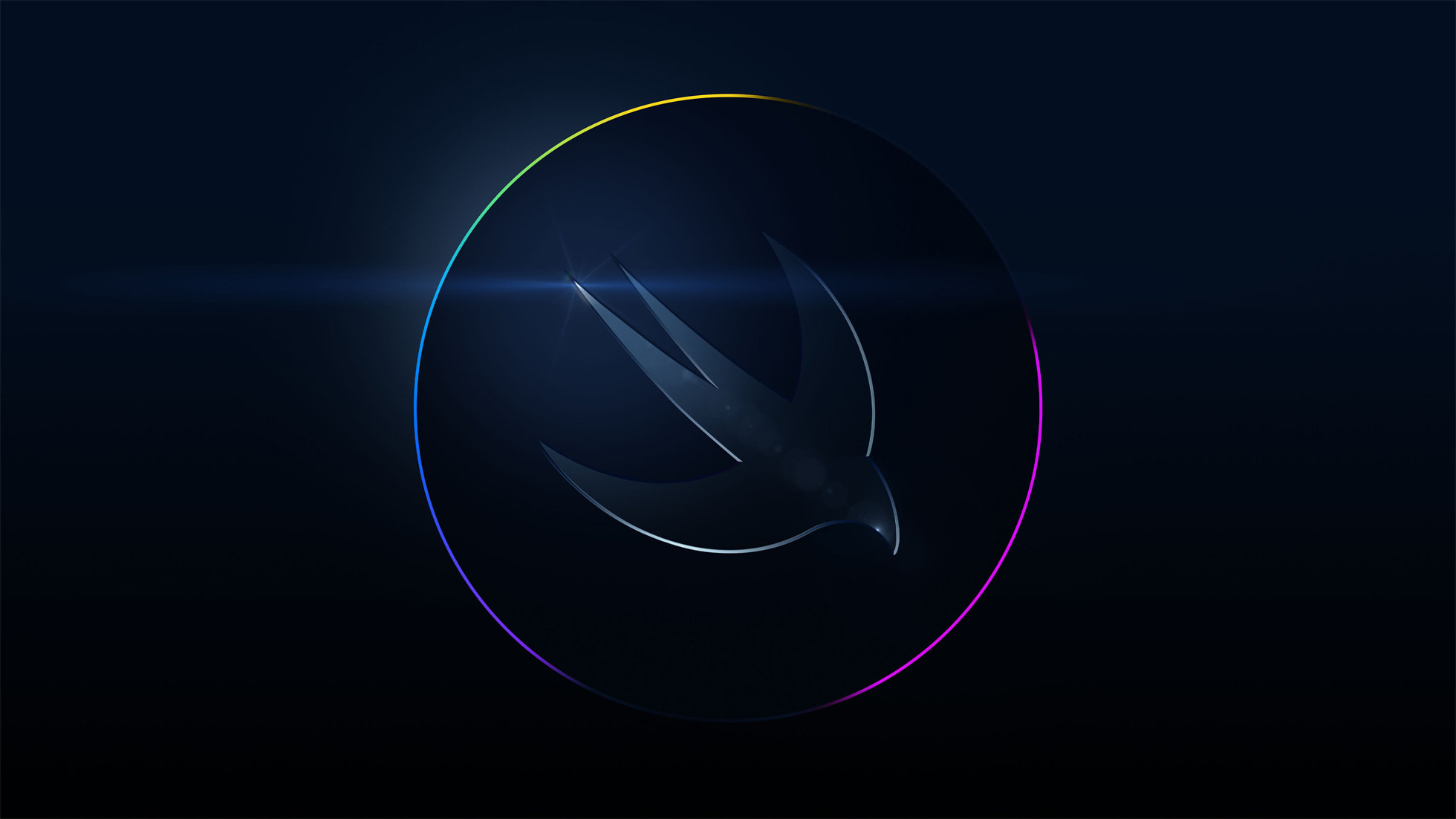
My only wish
Almost every apple grower has a wish that he hopes will come true sooner or later. For some users it may be a specific function, for others it may be a specific product. As I mentioned above, the introduction of new operating systems is simply inevitable at WWDC22. And personally, I would like only one thing - for Apple to really present these systems, but at the same time to set the date of their public release until the end of 2023, not 2022. As for the versions for developers, let them release them classically on the day of the presentation , as is his custom, let him keep the version for the public to himself for a longer time.

You ask, for what reason, in my opinion, should Apple postpone the release of public versions of new operating systems by a year? Because he simply can't keep up, nothing more and nothing less. Unfortunately, Apple so-called self-inflicted whiplash by regularly releasing new major versions of its operating systems every year. So people have huge expectations every year, with the fact that in the end they are mostly disappointed, as there are not many new features and these are rather gradual face-lifts that could be merged into one version of the system over the last three years or so. We're not going to lie, it's quite clear to most of us who are kissed by technology that it's not possible to come up with a brand new system with tens or hundreds of new functions in a single year. Unfortunately, many people think so. To achieve this, Apple would have to employ robots, not ordinary human beings. The fact that it is the world's most valuable company, by a wide margin, means nothing.
It could be interest you

Not only are there many bugs everywhere, but new features only come after six months
Why do I think Apple isn't catching up? It could be summed up in two reasons. The first reason is errors, the second reason is the late release of introduced features. As for bugs, quite frankly, for example, macOS simply isn't what it used to be. I'm sorry to have to deal with several bugs that have been complained about by a bunch of users and reported many times over the years - you can report your bug <a href="https://cdn.shopify.com/s/files/1/1932/8043/files/200721_ODSTOUPENI_BEZ_UDANI_DUVODU__EN.pdf?v=1595428404" data-gt-href-en="https://en.notsofunnyany.com/">here</a>. Namely, these are, for example, not loading pages in Safari, non-functional and stuck AirDrop, unresponsive Escape key, excessive use of hardware resources caused by native applications, stuck cursor on an external monitor, unusable FaceTime and much more. Given that I use macOS most often during the day, this is where I logically observe the most errors. But of course they can also be found, for example, in iOS or homeOS, with which I've been fighting in a really unreal way lately, to the point where I sometimes feel like simply giving up.
Is it still worth looking into new features that Apple will introduce, but will eventually make available several months after the systems are released to the public? They only need to look behind SharePlay, for example, or, God forbid, Universal Control. As for SharePlay, we had to wait a few months for it to be added to the systems, then Universal Control arrived after about half a year, but for now still with the fact that this feature even has a BETA label, so it's still not 100%. The unfinished and untested functions are probably the best way to see how much Apple is not keeping up. For each release of a new major version of his systems, he would ideally need that extra six months, ideally even a year, to complete and test everything without problems. It should be mentioned that this year is certainly no exception, as we often had to wait several months for various new functions even in the past.
Wouldn't it be nice if Apple simply got rid of the annual release of new operating systems, continuing the next year with the same number and then releasing elaborate systems that would be completely tested and error-free, and that would have all the features that will present at WWDC? That we wouldn't have to wait for several more versions to fix bugs encountered by users on a daily basis, and that we would have all the newly introduced features immediately available, without the need for more than six months of waiting and constant BETA marking? Personally, I would definitely welcome this, and I think that the initial "hate" of disappointed Apple users would change to enthusiasm after a few years, as everyone would look forward to the introduction of new major versions of Apple's operating systems even more and, above all, we would use debugged systems in all functions , which they have to dispose of. Unfortunately, it is clear that we will not see anything like that.
 Adam Kos
Adam Kos 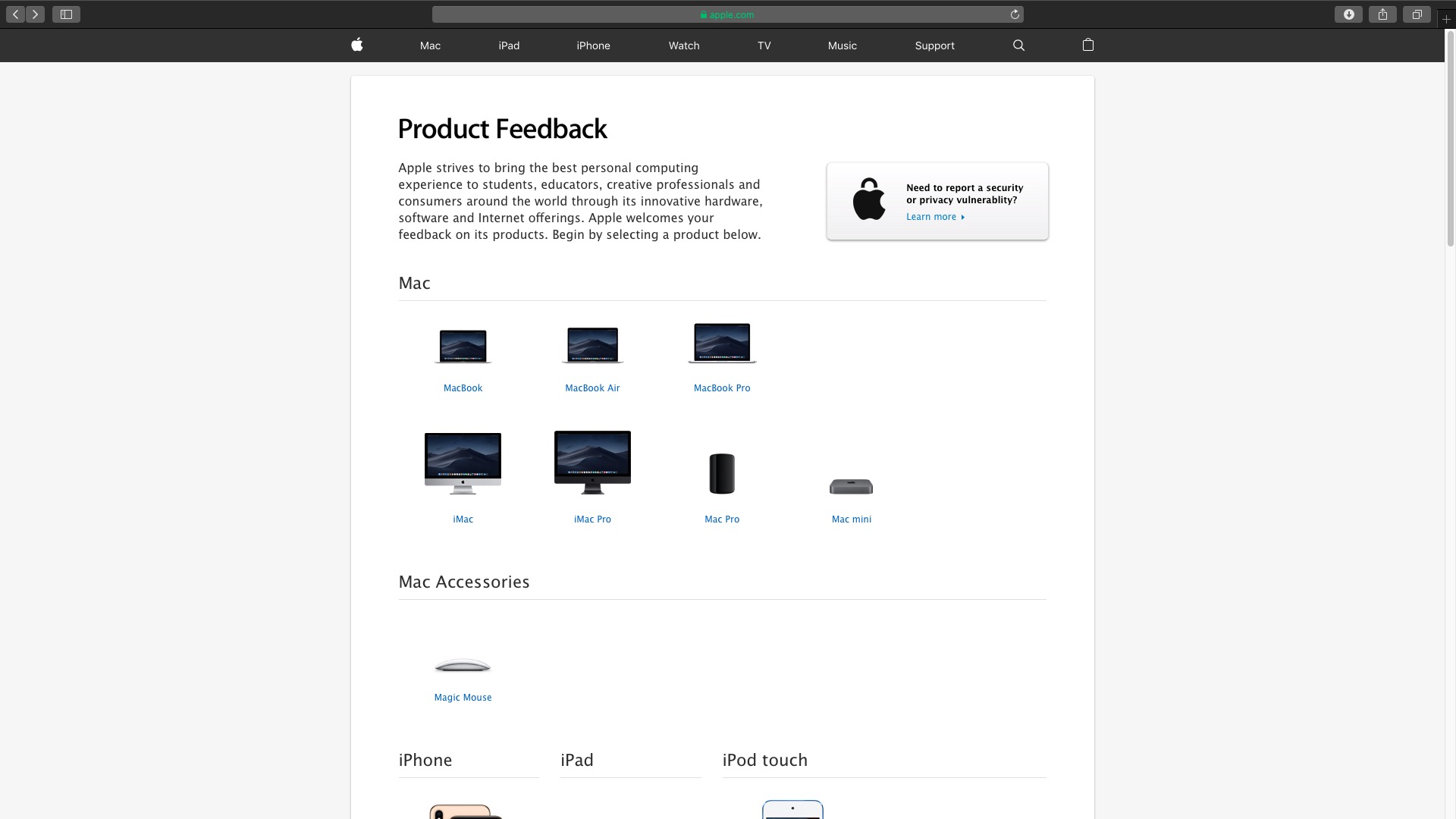
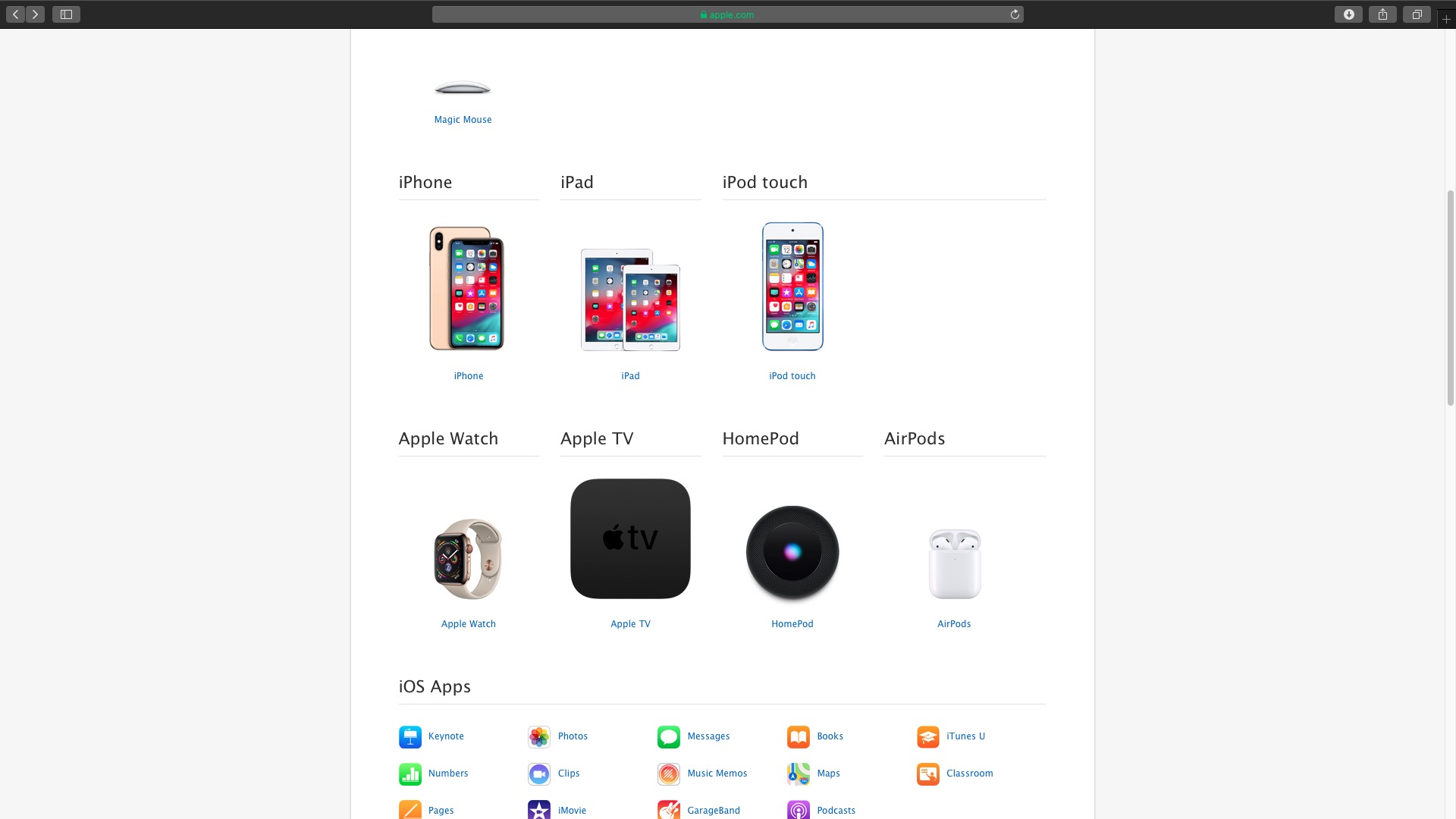
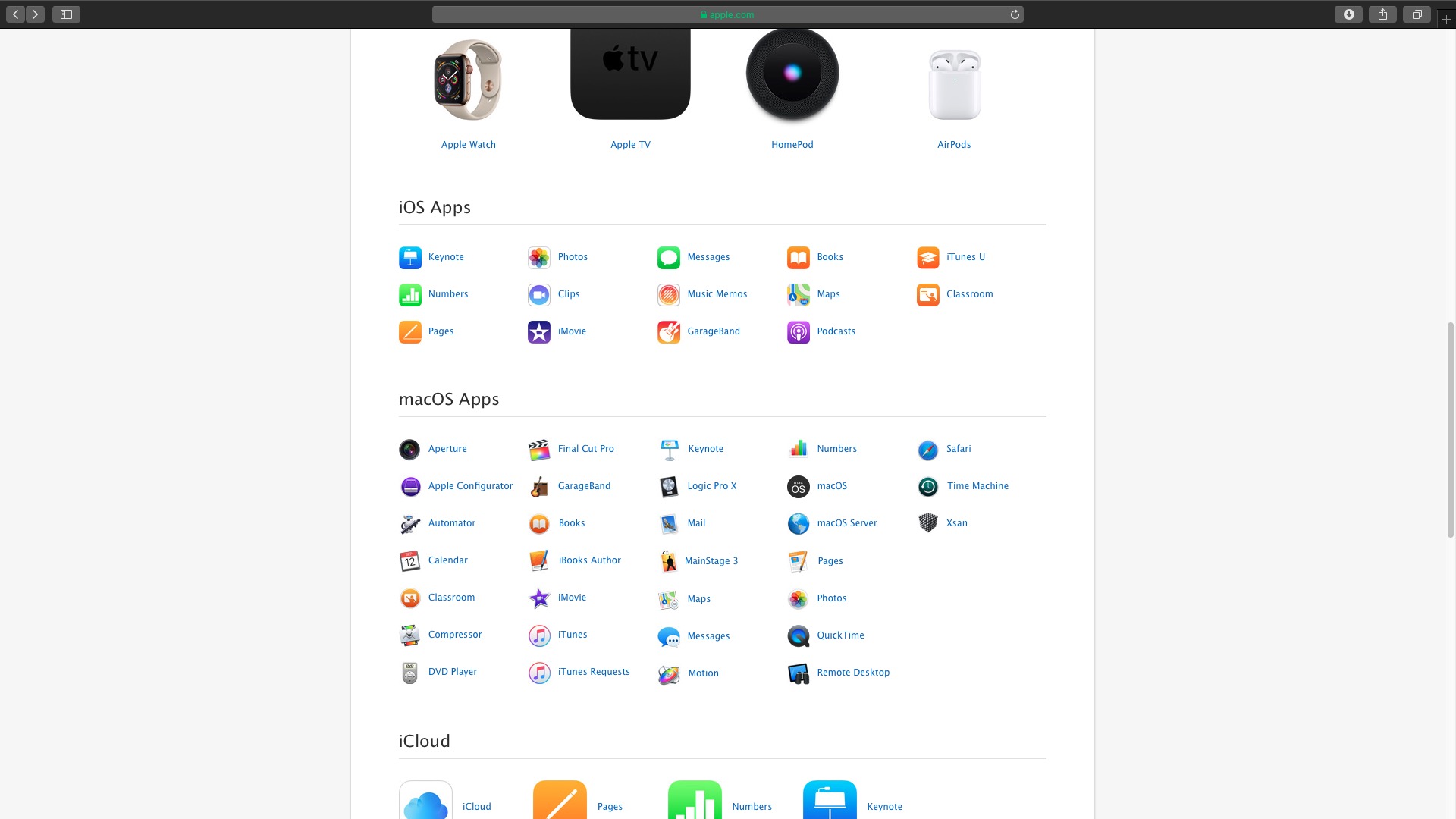
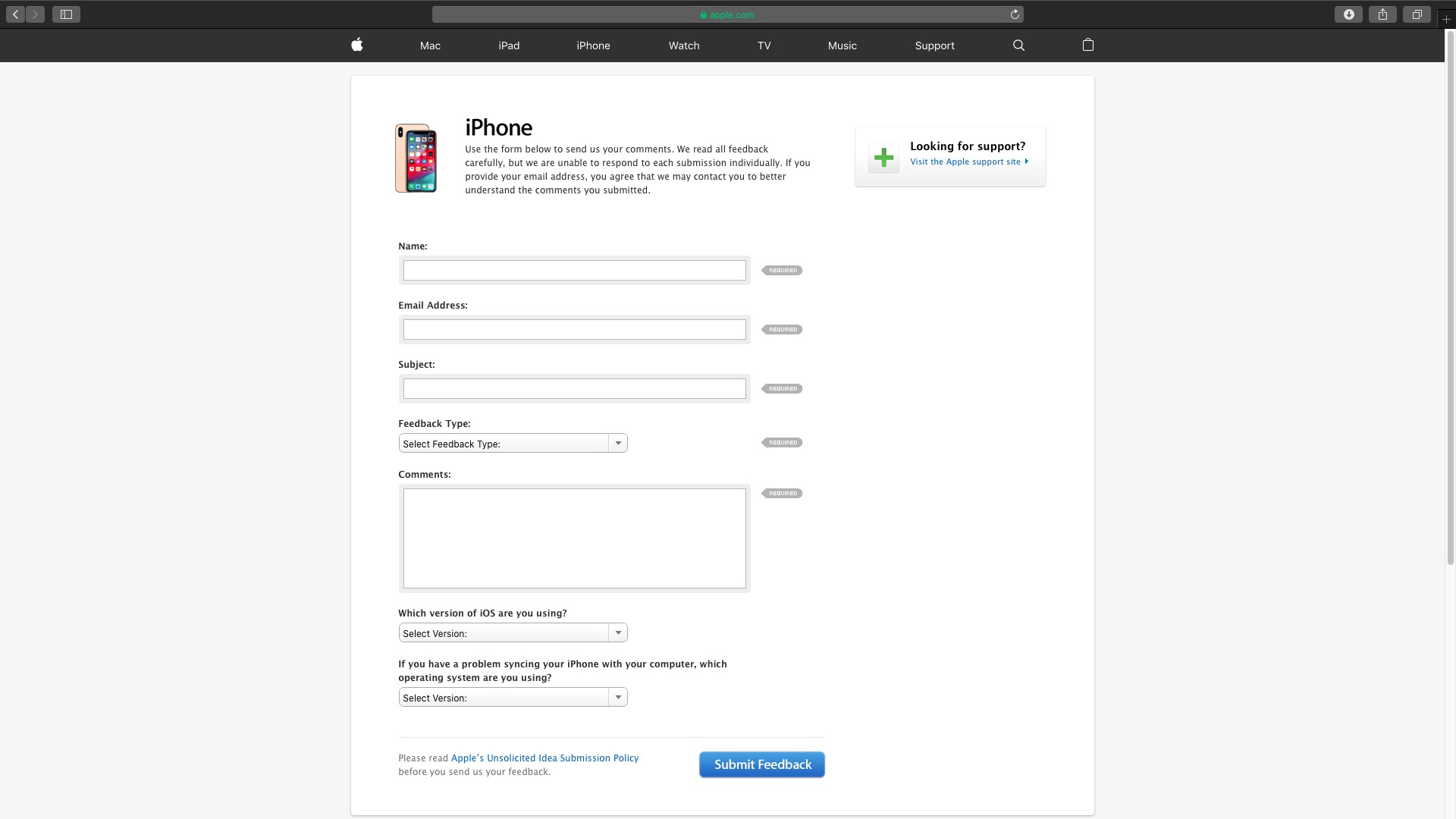





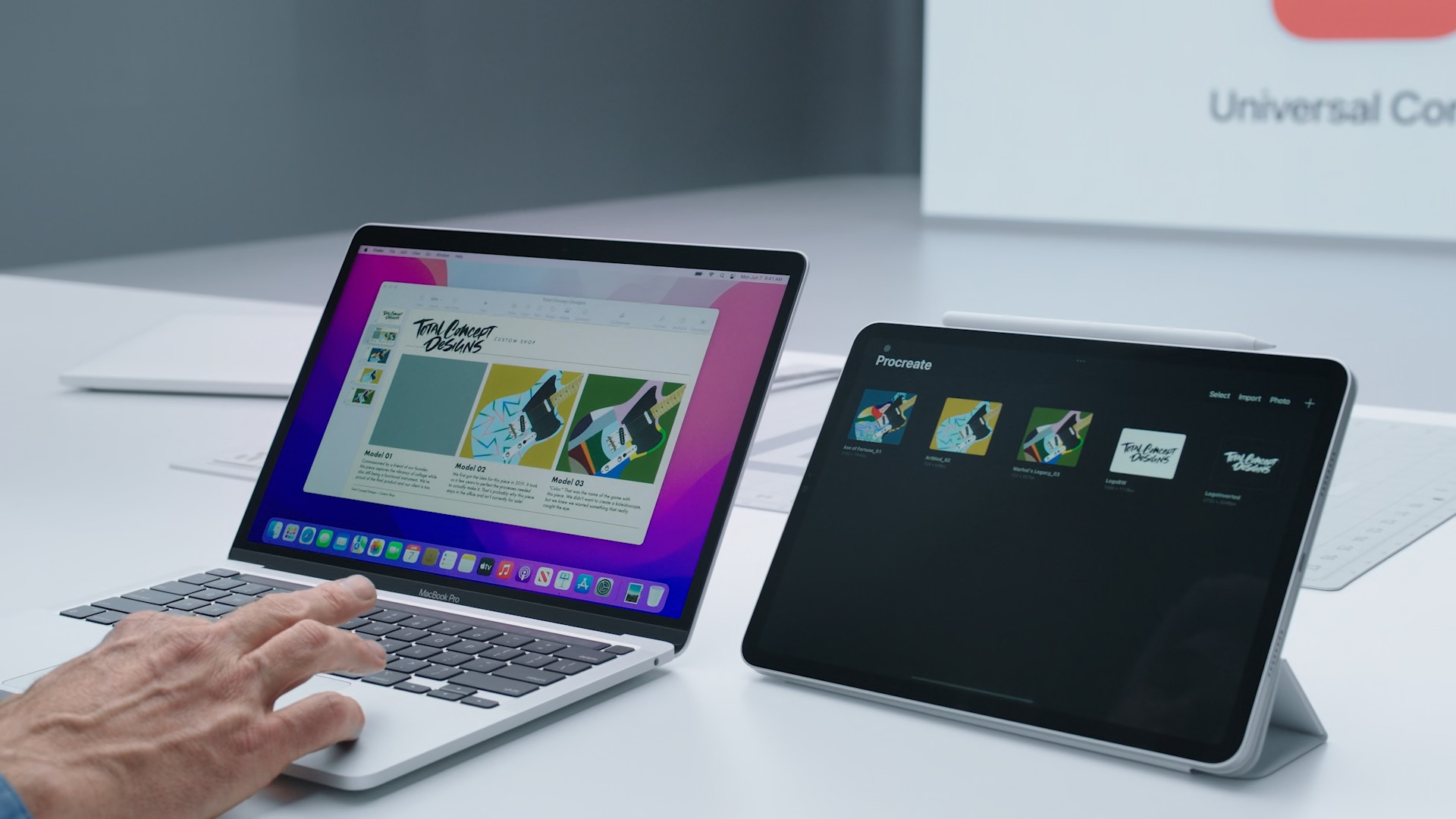
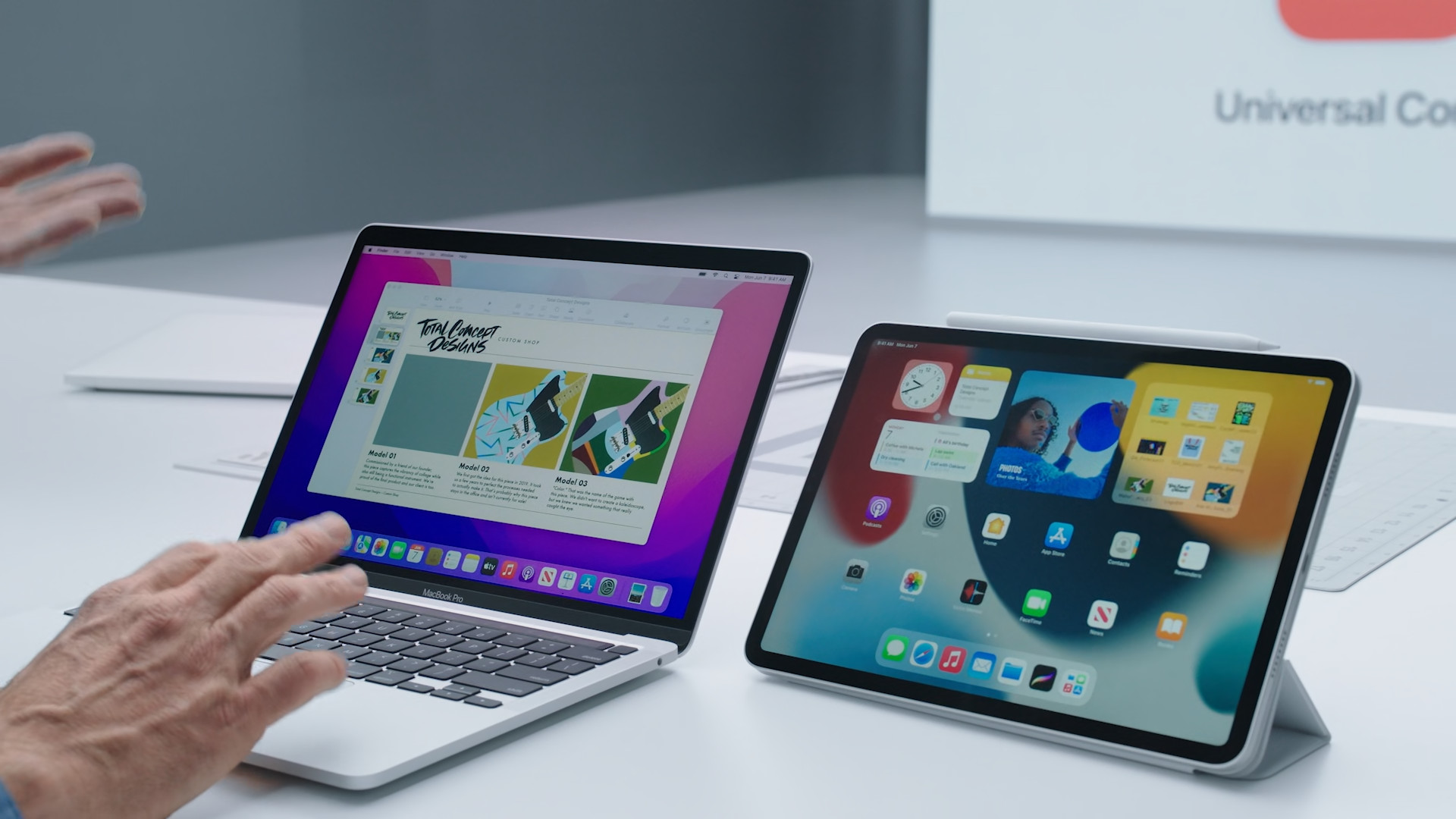
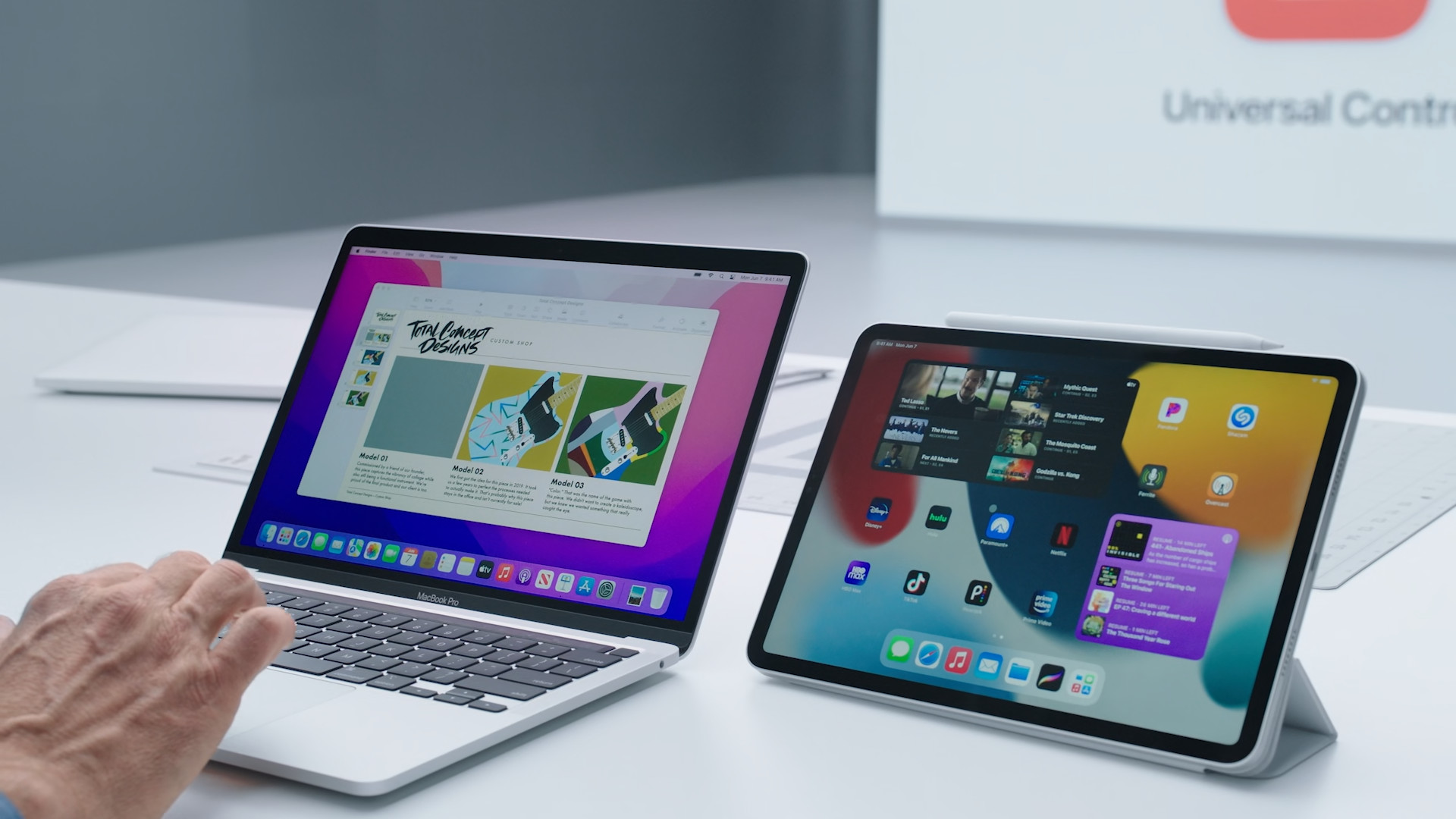
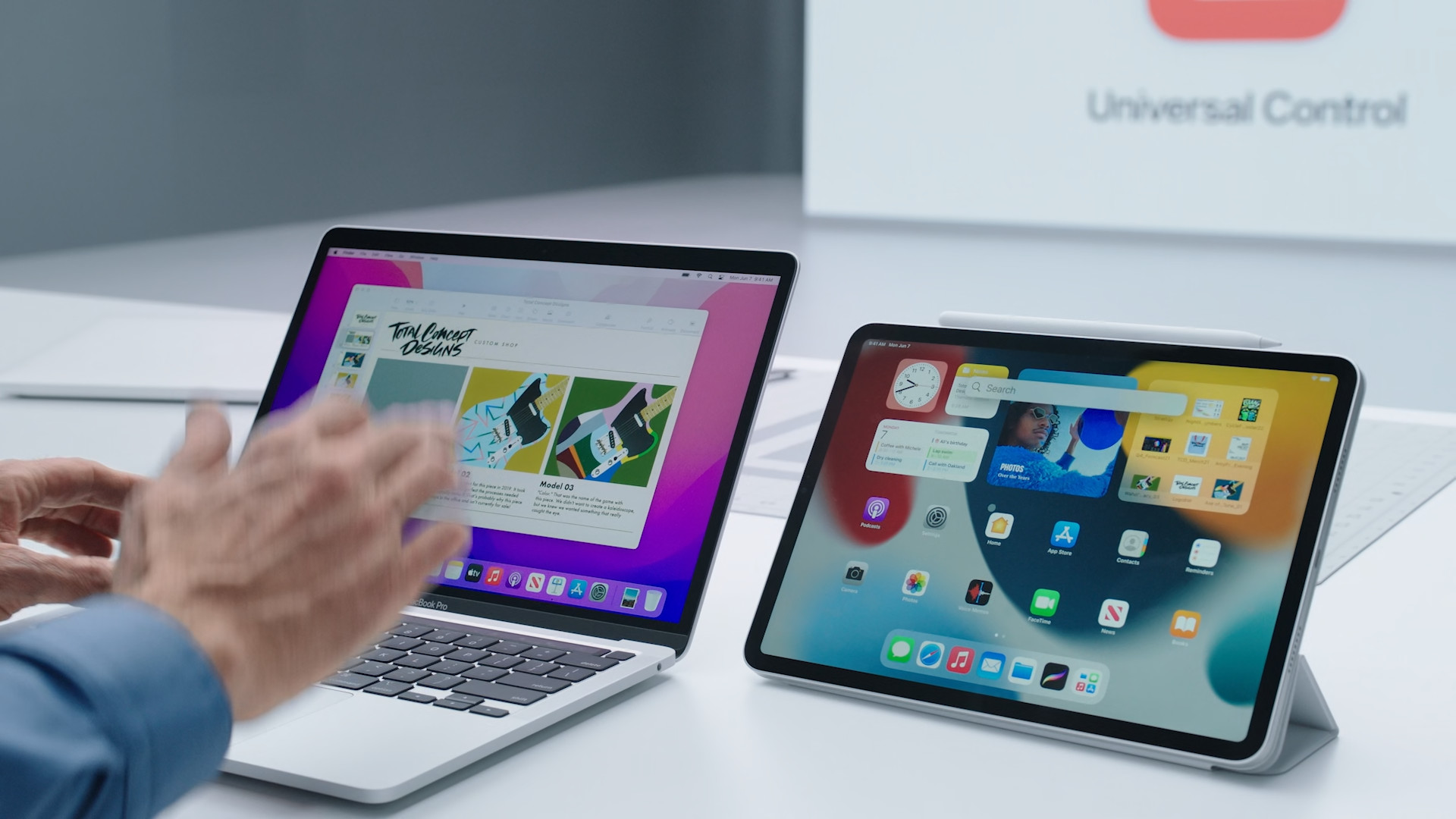
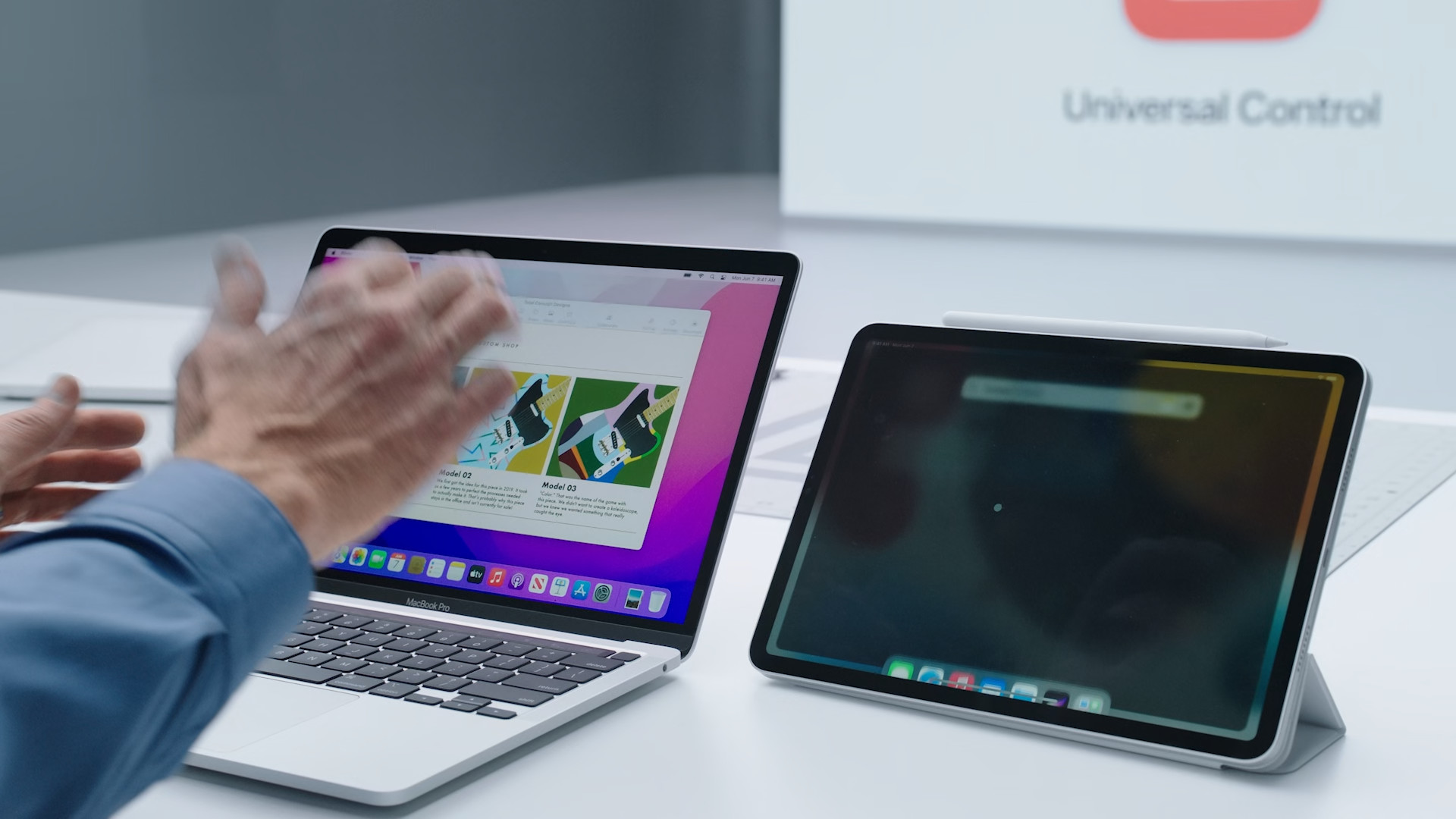
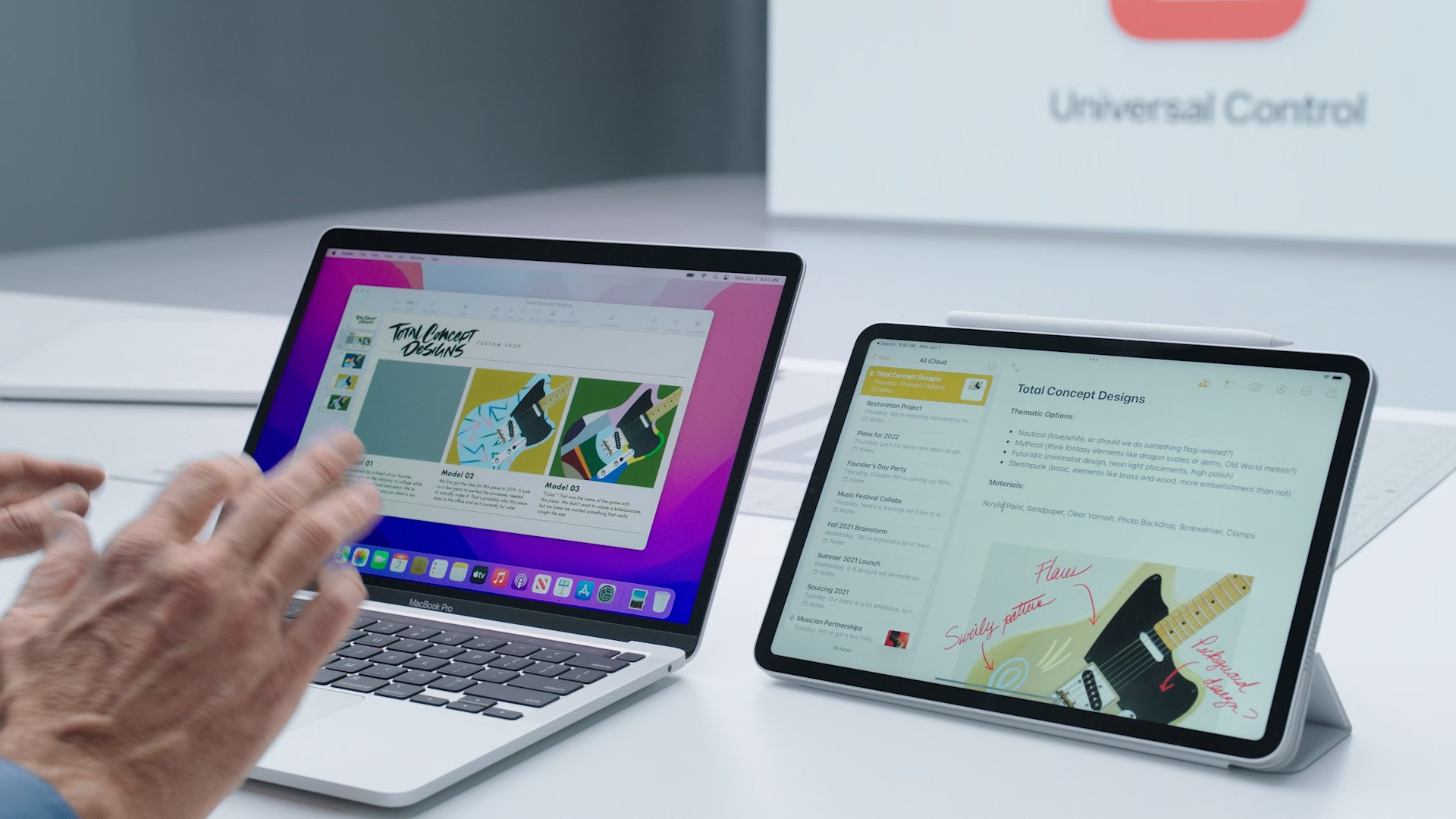

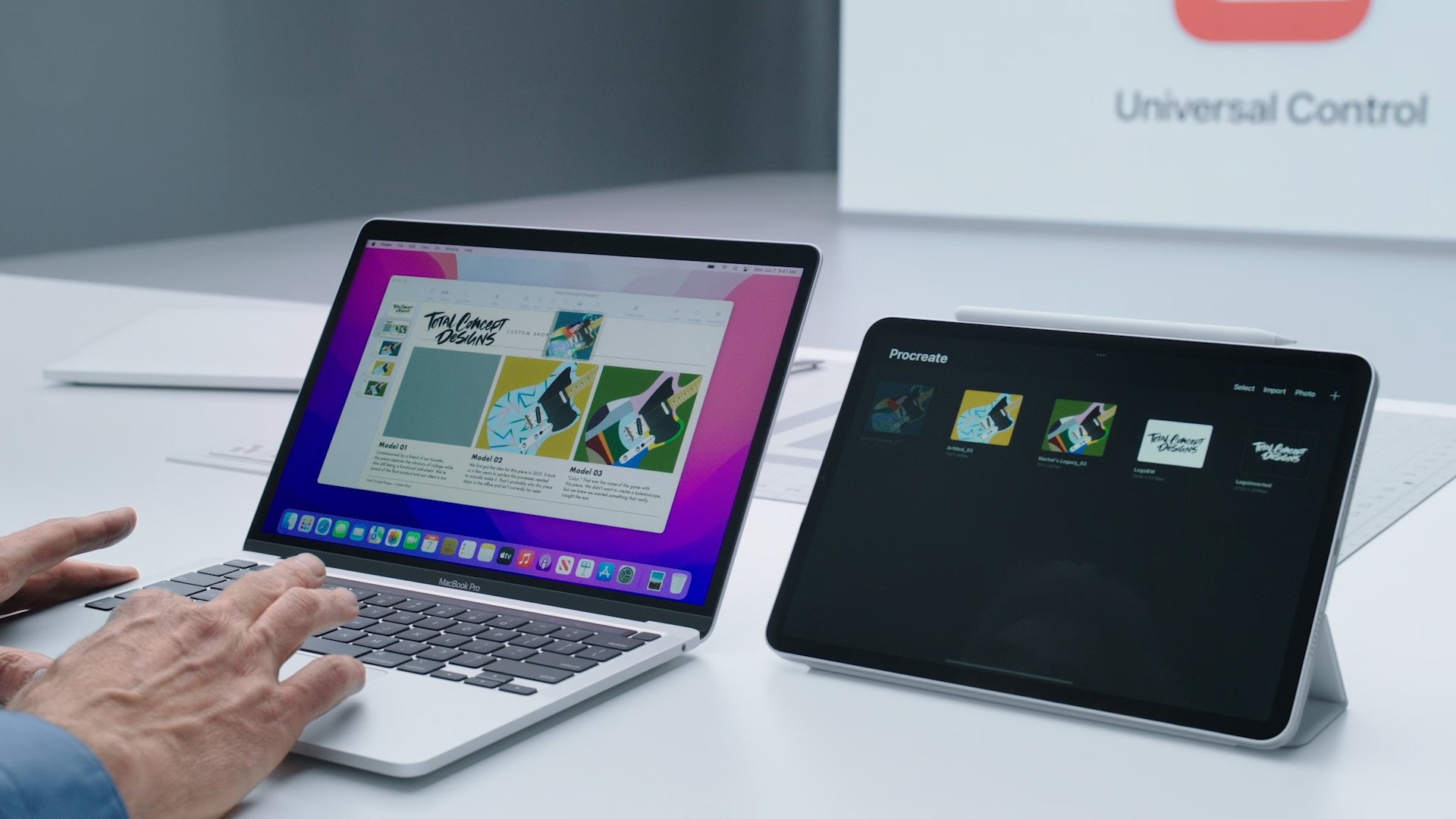
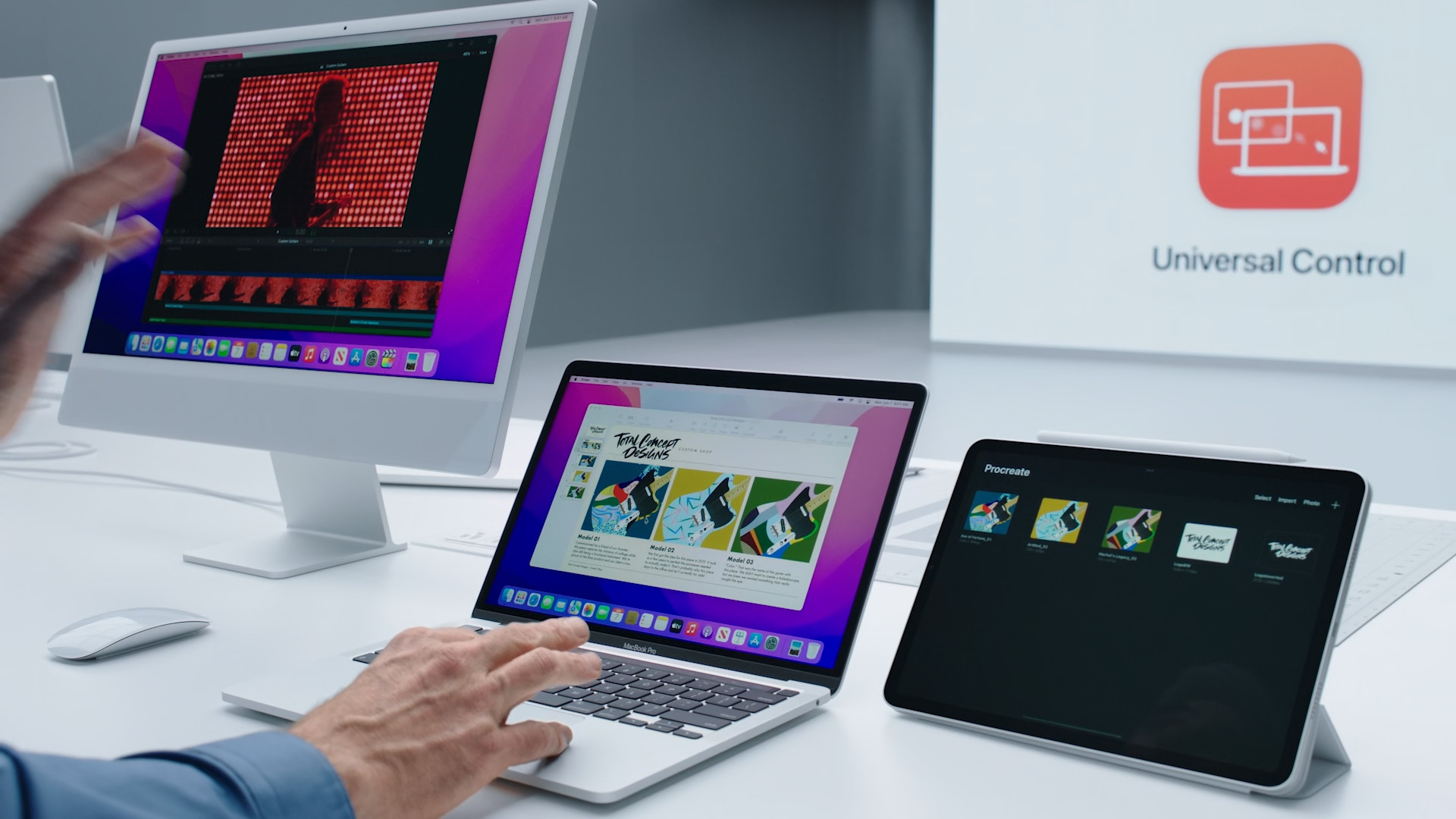


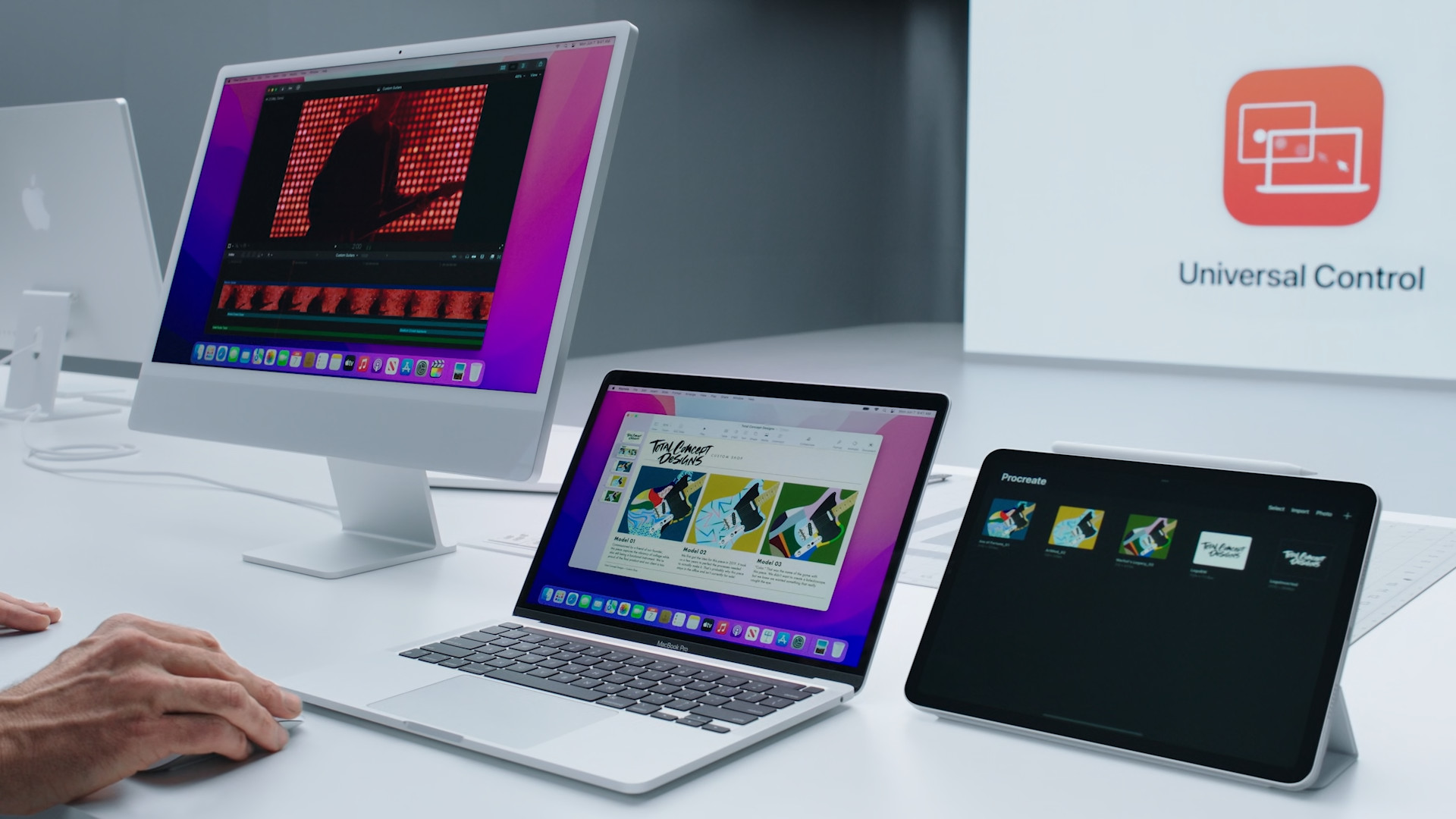
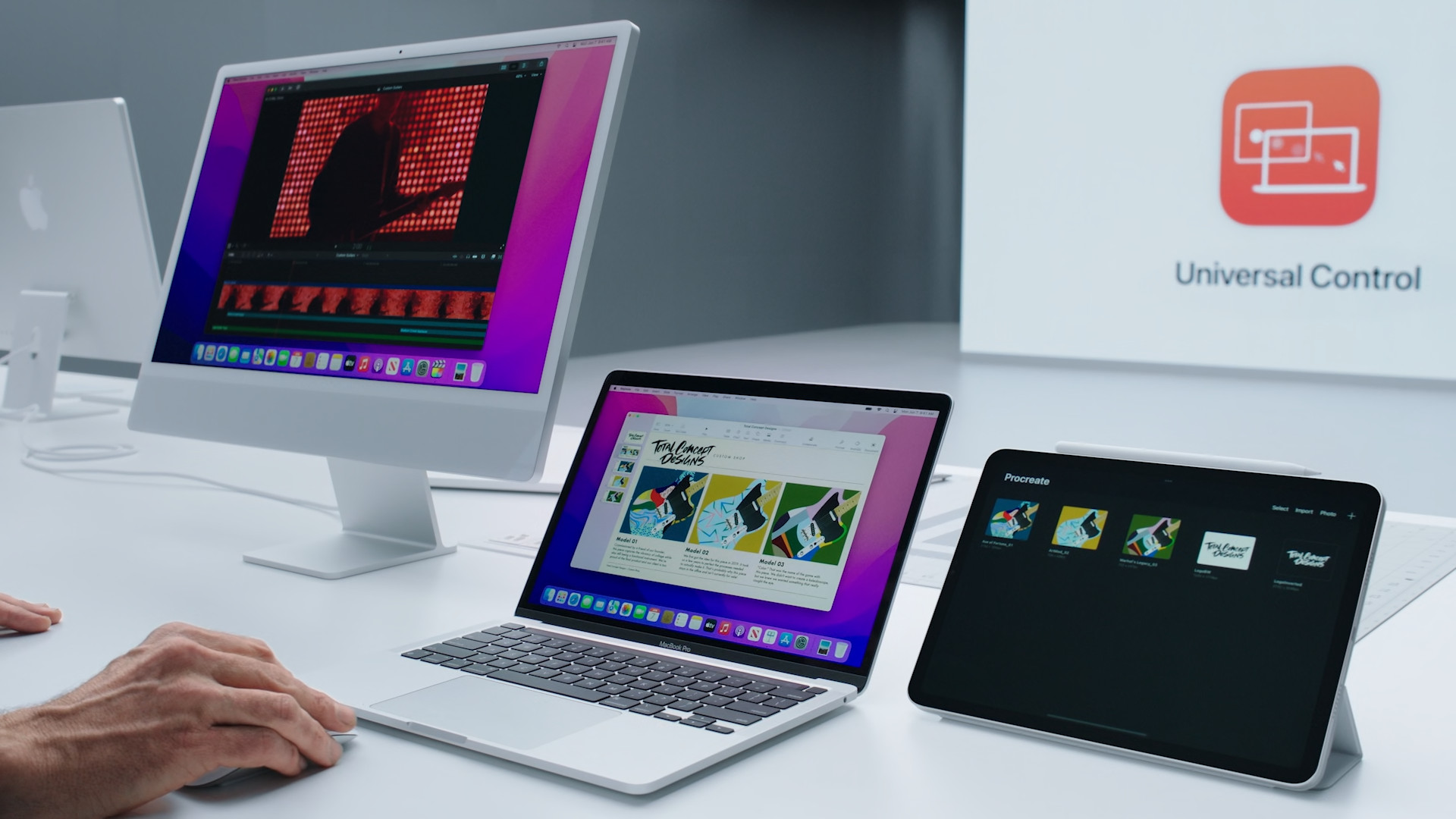
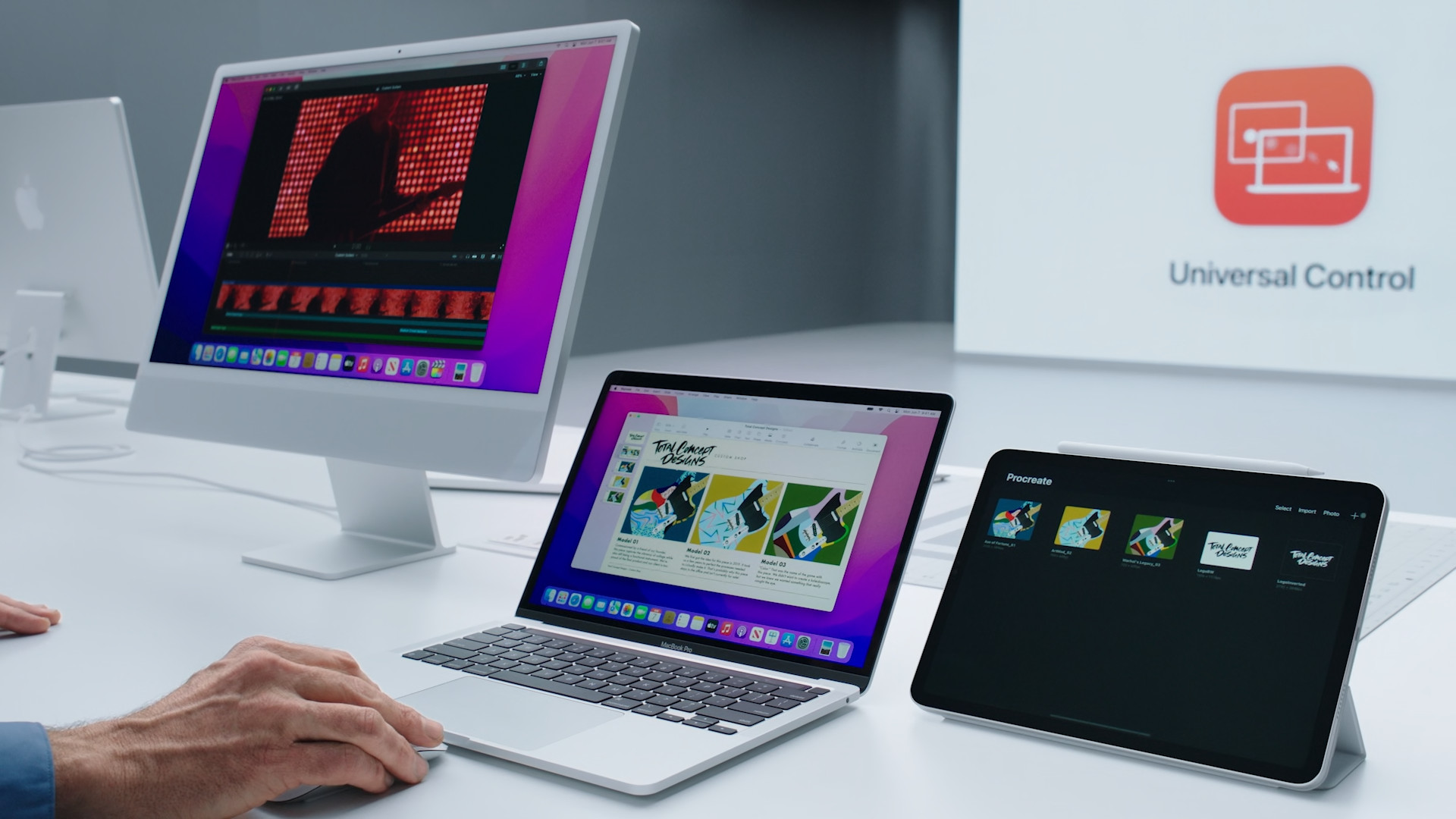


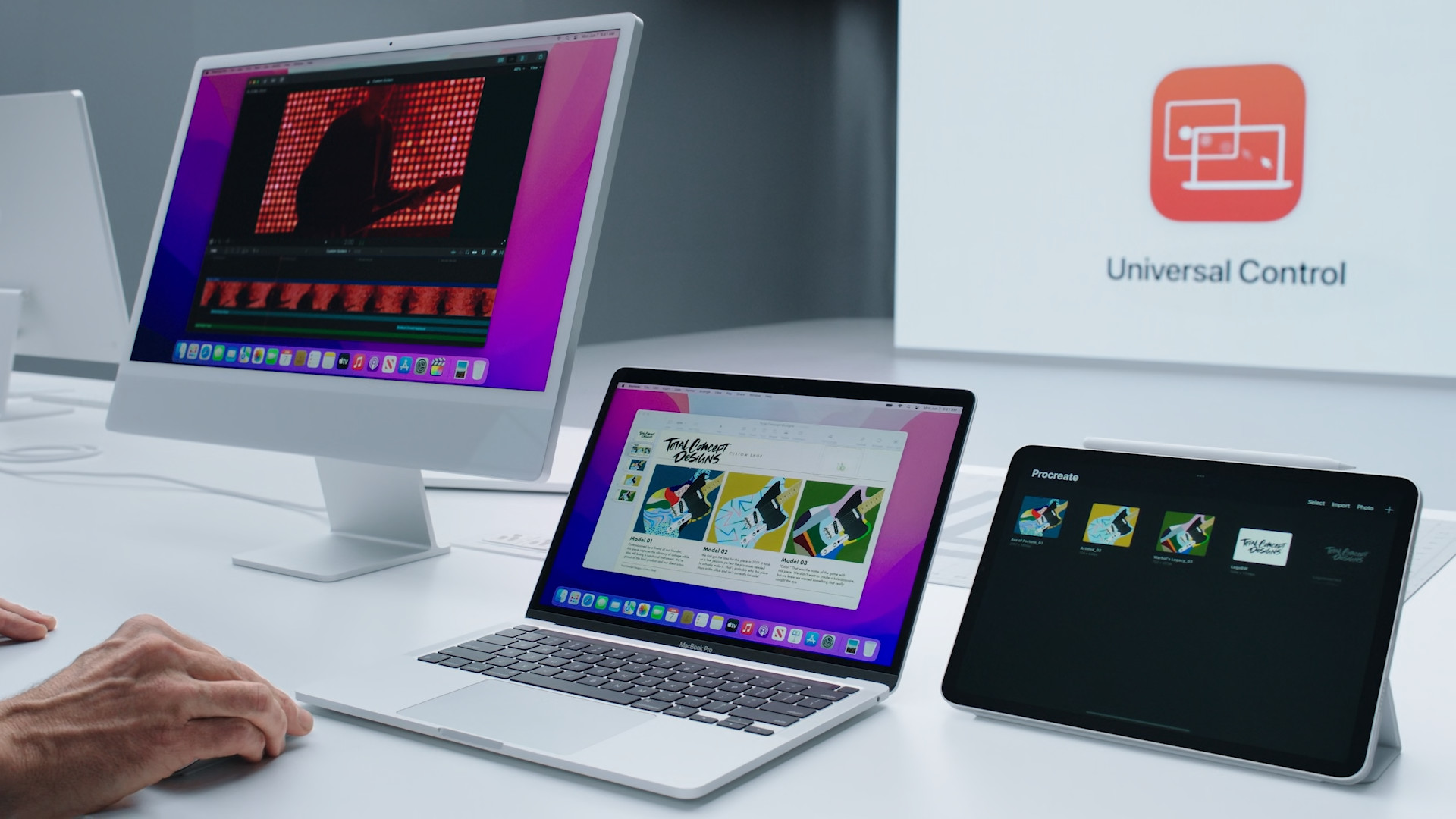
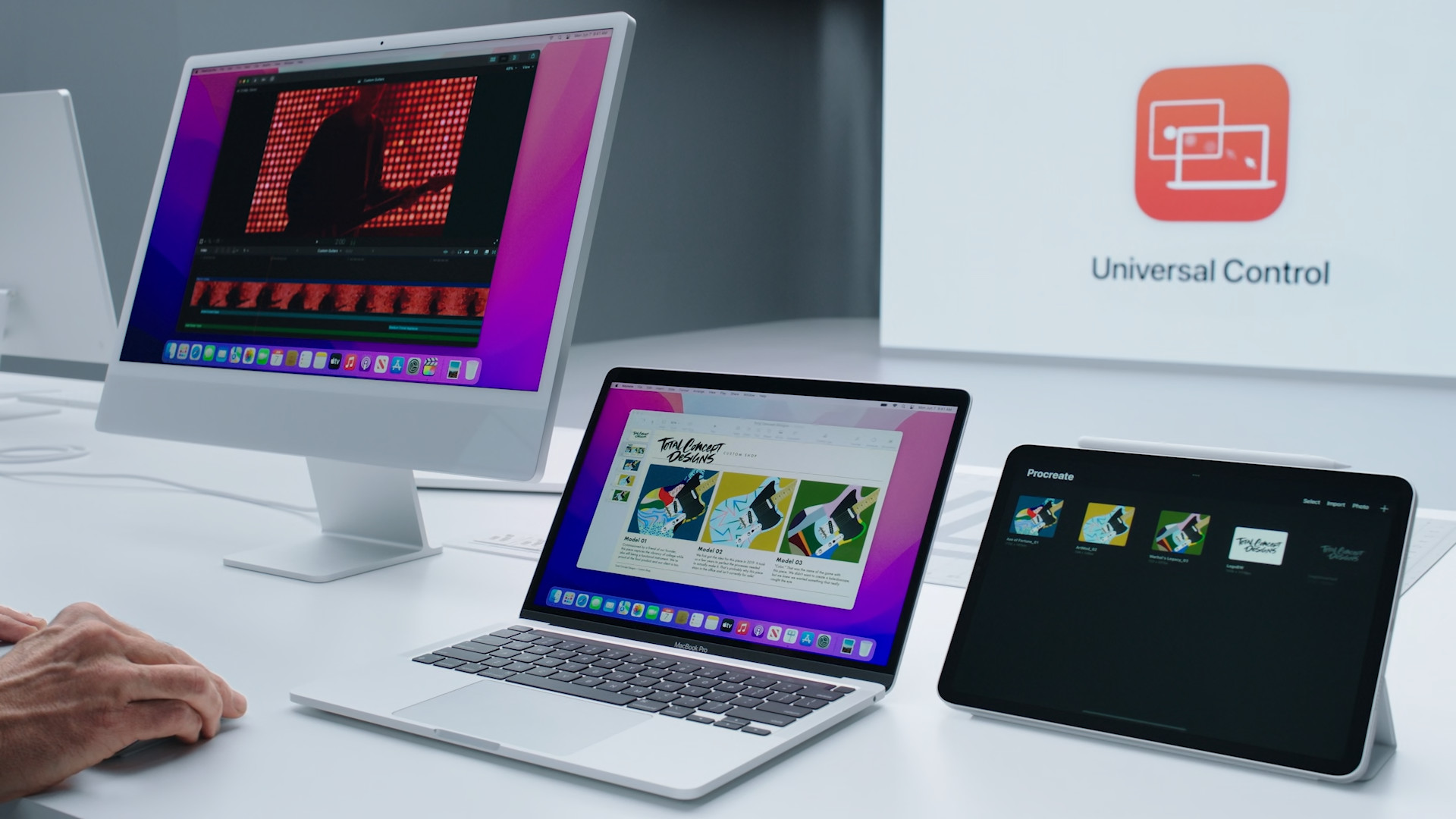
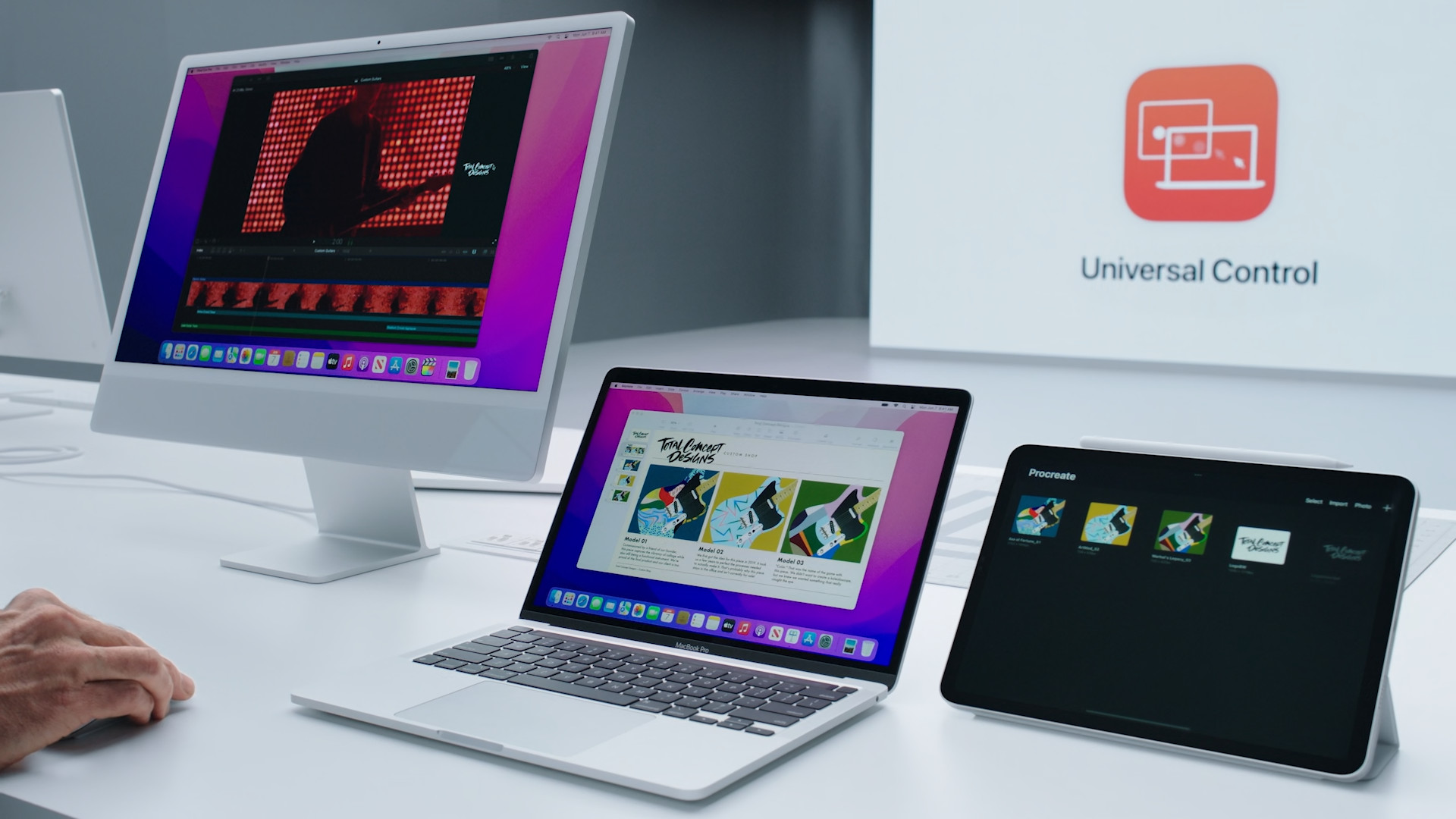
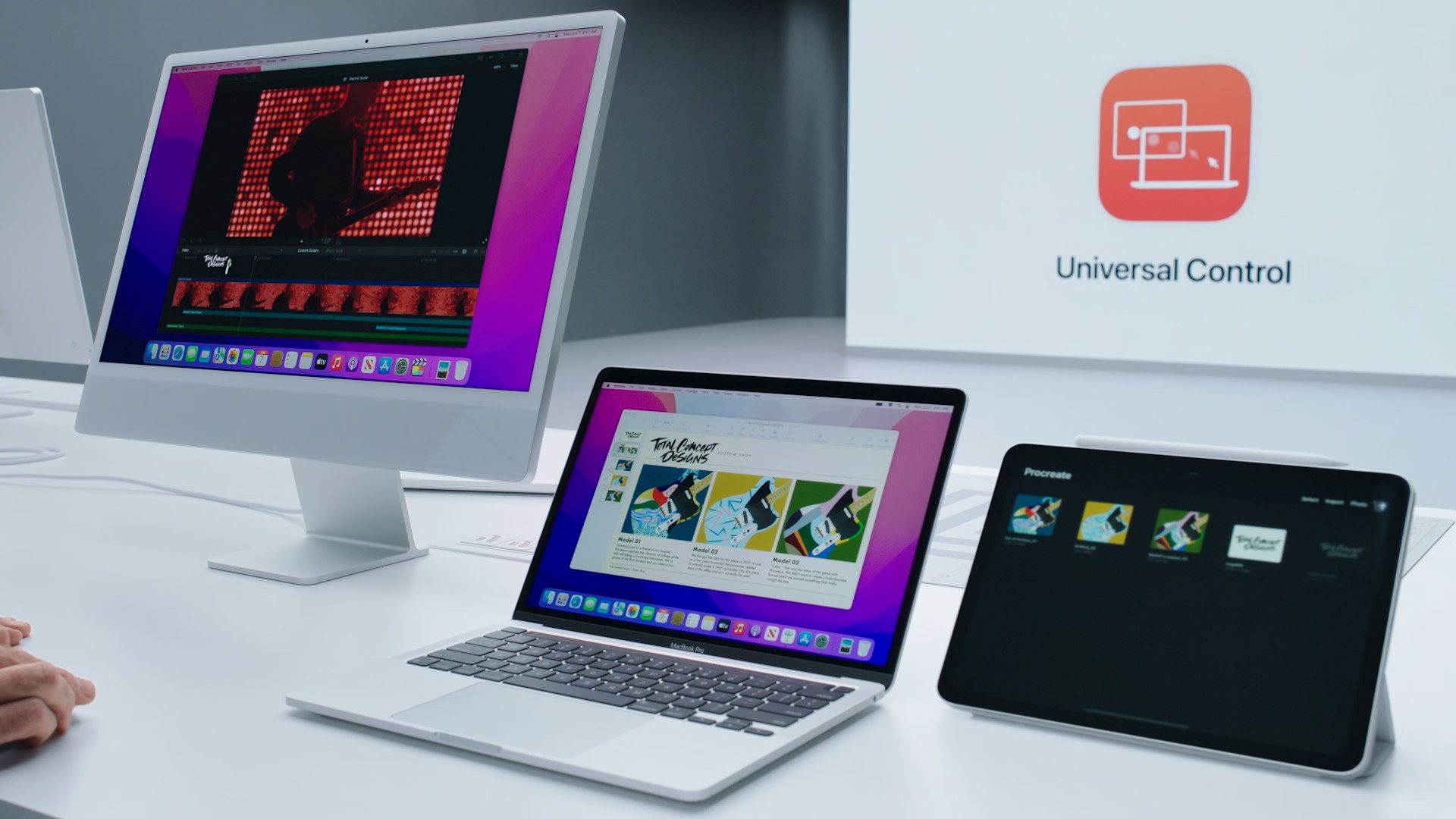
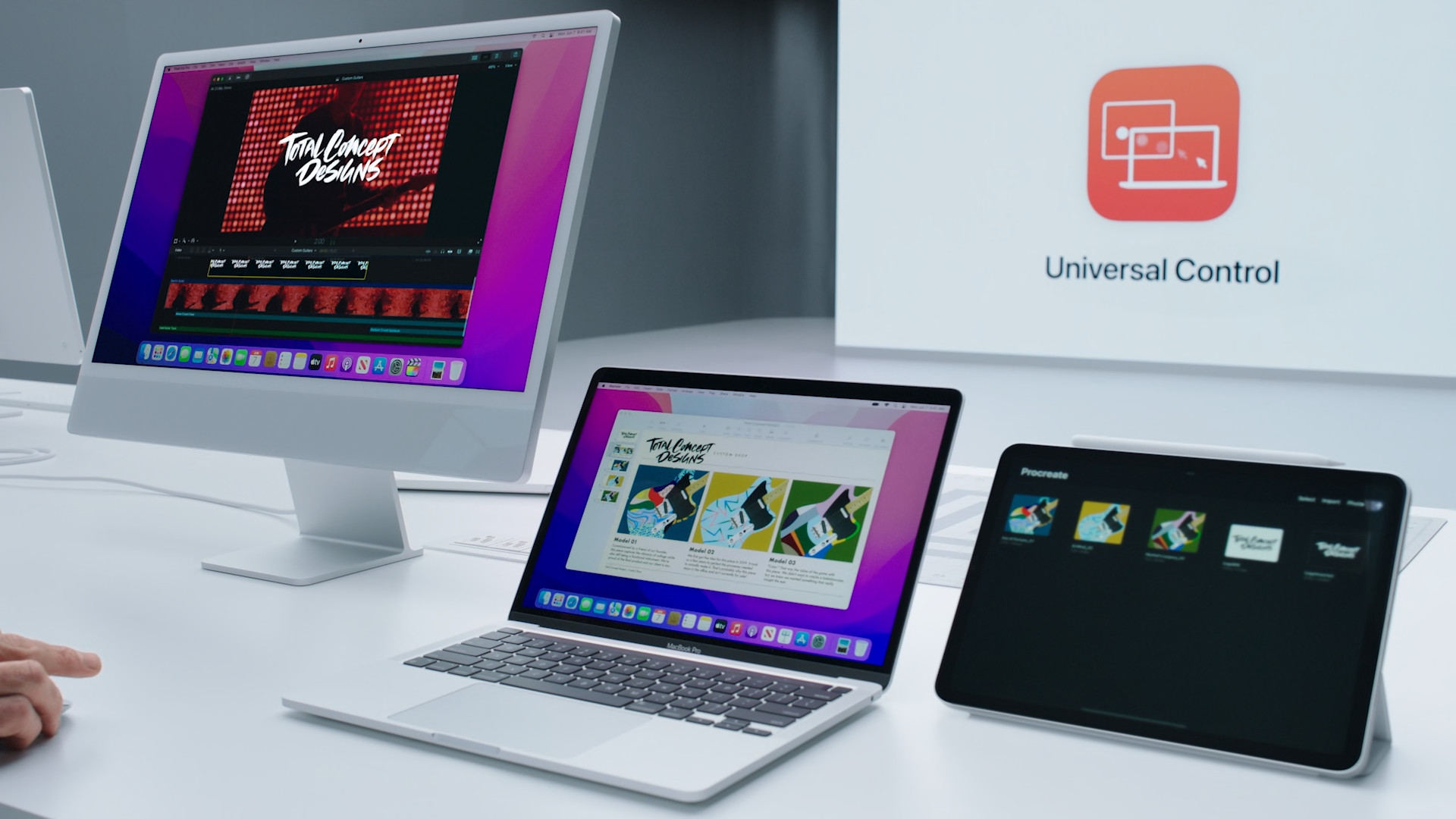
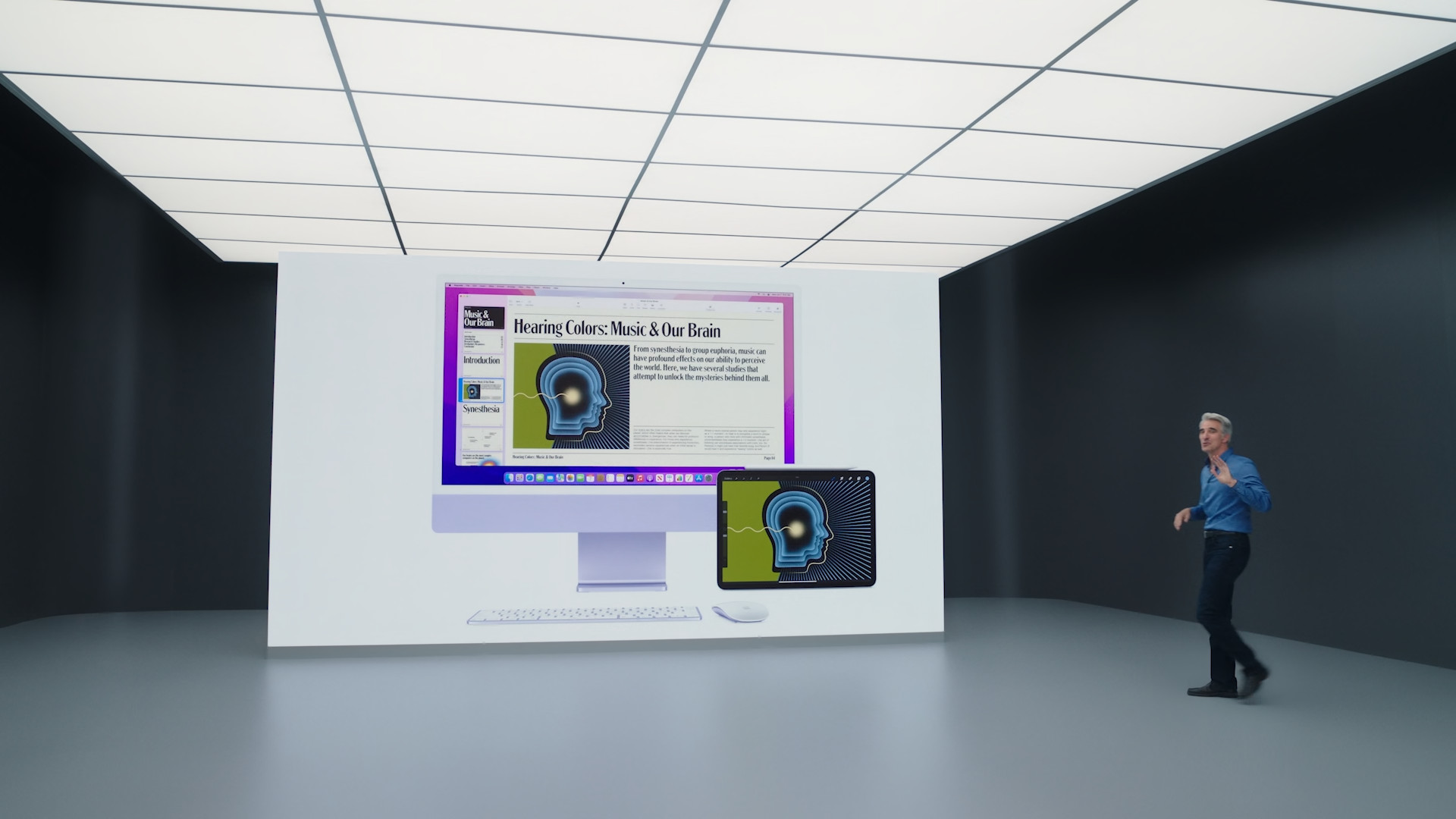
The editor of not only Jablíčkář magazine realizes that it does not work in the 19.11 style. we will launch a new system and 20.11. everyone quickly work on the next system so we have something to show in half a year?
The team of developers is already working on a system that will be introduced in 2023….
If so, this "article" probably wouldn't have been written about it.
Yes, the dev team is currently working on systems that will be introduced this year and in 2023 for quite some time now. However, if the devs didn't have to deal with this year's system release and skipped it, they would have more time to fix bugs, add new features, and completely complete the system . That's what the article is about.
Absolutely agree. This is a presentation of things that are available just before the next version. They should release what they imagine. And it doesn't matter when. But tested and functional.
That's cool, Windows 10 is now in "so-so" state, windows 11 is in "beta" state. Apple just does the same thing... However, this does not mean that I approve of it or that it is good. It's just the way it is.
I definitely agree... I prefer ready-made functional things that work... but I have to say for myself that I'm on my Mac for about 14 hours a day and I don't see many errors. I have the latest version, everything works fine. The only thing that doesn't work reliably on my mac is the smileys on the touchbar - if I restart the computer once in a while, it works for a while...but then in a few days I want to write a smiley, I click instead of the smileys and a cross appears, which does nothing. just click sideways and other things on the touchbar go, but this just goes wrong. I basically don't use smileys, so fuck the dog..
Well, I have a completely opposite opinion. The trend in software is to release small changes more often. It can be planned better and there are not so many errors associated with it, although there may be more individual imperfections. Apple has a compromise when it publishes what it is working on and when the news is ready, it is released. When something is done, it's better to get it out as soon as possible, rather than waiting for some magical date when it will be all right and everything without errors. This never works in practice.